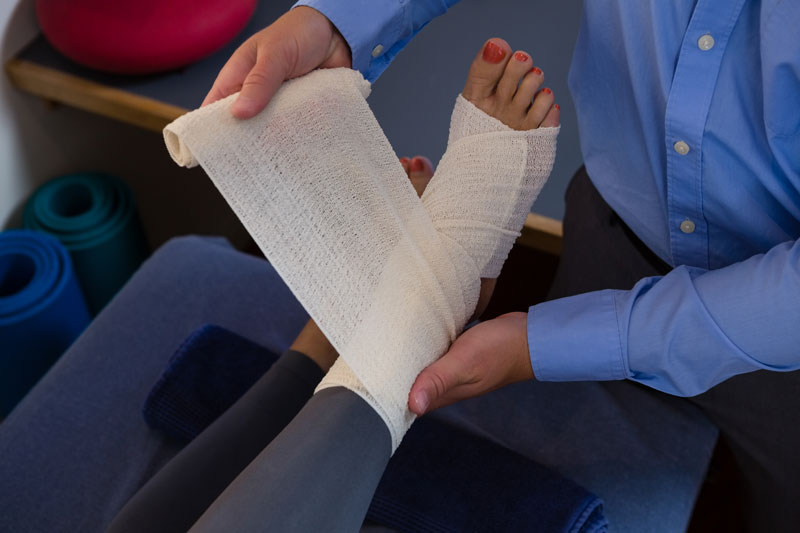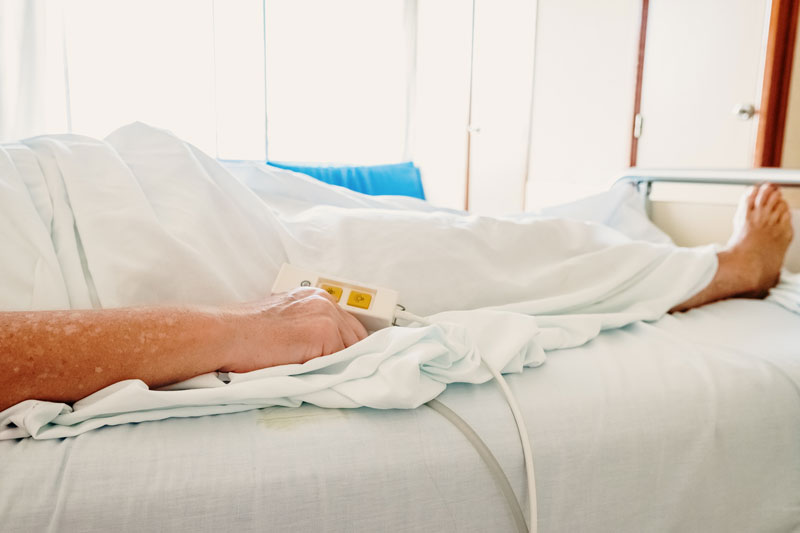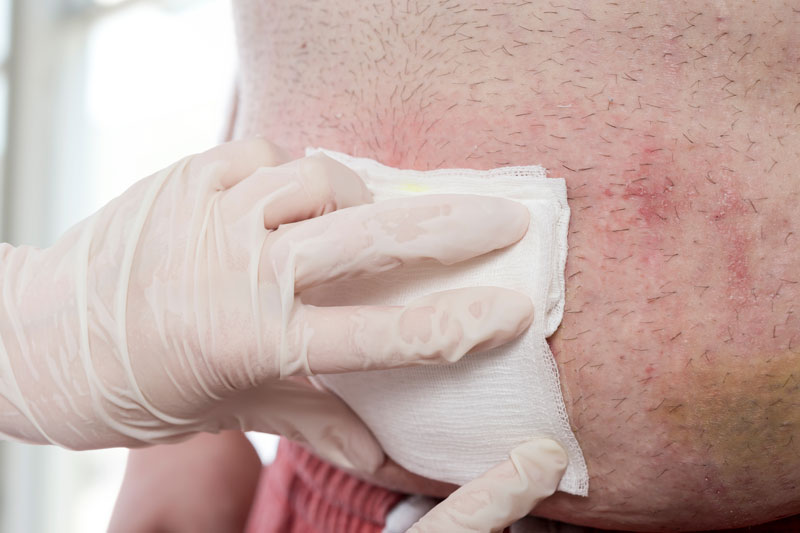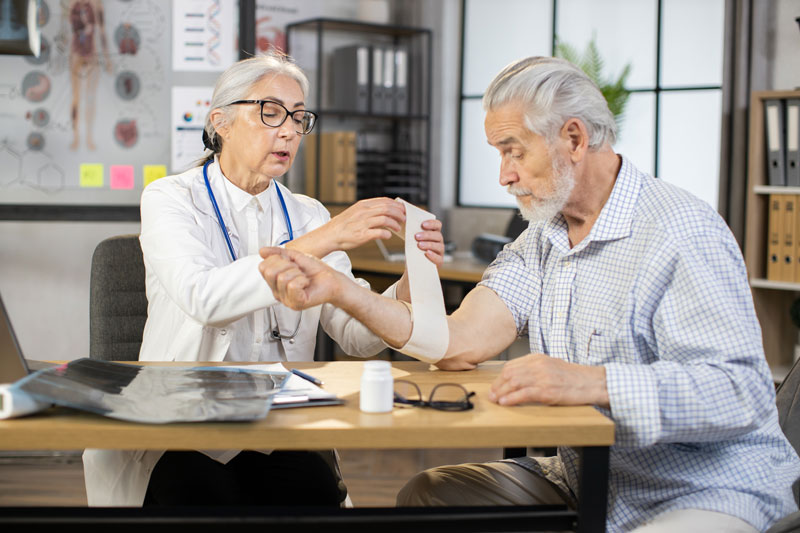What are Advanced Skin Substitutes?
Advanced skin substitutes are state-of-the-art wound care treatments designed to promote optimal wound healing and tissue regeneration. These substitutes are bioengineered to replicate the structure and function of human skin, providing a biocompatible matrix that supports the body’s natural healing processes. Composed of specialized materials, such as synthetic polymers, extracellular matrices, or living cells, advanced skin substitutes offer an innovative approach to address complex wounds, chronic ulcers, and severe burns. These substitutes can be applied topically to the wound bed, creating a conducive environment for cell migration, proliferation, and tissue formation. In mobile wound care, healthcare professionals utilize advanced skin substitutes as a valuable tool to expedite wound closure, minimize scarring, and enhance overall patient outcomes.
Types of Advanced Skin Substitutes:
- Human Amniotic Allografts
- Cultured epithelial autograft
- Xenografts
- Composites
- Synthetics
Why are Advanced Skin Substitutes Performed?
How are Advanced Skin Substitutes Performed?
What To Expect After Advanced Skin Substitutes
Frequently Asked Questions about Advanced Skin Substitutes
1. Are advanced skin substitutes safe for all patients?
Advanced skin substitutes are generally safe and well-tolerated by most patients. However, some individuals may have specific allergies or sensitivities to certain materials used in the skin substitutes. It is essential to inform the healthcare provider of any known allergies or medical conditions before undergoing treatment with advanced skin substitutes. The wound care specialist will conduct a thorough assessment to determine the most suitable type of skin substitute for each patient, ensuring safety and optimal wound healing.
2. How long does it take for wounds to heal after using advanced skin substitutes?
The healing time after using advanced skin substitutes can vary depending on the type and severity of the wound, the patient’s overall health, and other factors. In many cases, patients may notice significant improvements in wound healing within several weeks to a few months after the application of advanced skin substitutes. However, healing time can be influenced by various factors, and some wounds may require longer periods to achieve full closure. Regular follow-up appointments with the wound care provider are crucial to monitor the wound’s progress and ensure that the advanced skin substitutes are promoting effective healing.
3. Can advanced skin substitutes be used for all types of wounds?
Advanced skin substitutes are designed to address a wide range of wound types, including chronic wounds, diabetic ulcers, pressure ulcers, and severe burns, among others. These substitutes offer a versatile treatment option to facilitate wound healing in complex and challenging wound conditions. However, the choice of skin substitute may vary based on the wound’s characteristics, such as its size, depth, and location, as well as the patient’s individual needs and medical history. The wound care specialist will evaluate each wound and determine the most appropriate type of advanced skin substitute to optimize healing and achieve the best possible outcomes.








